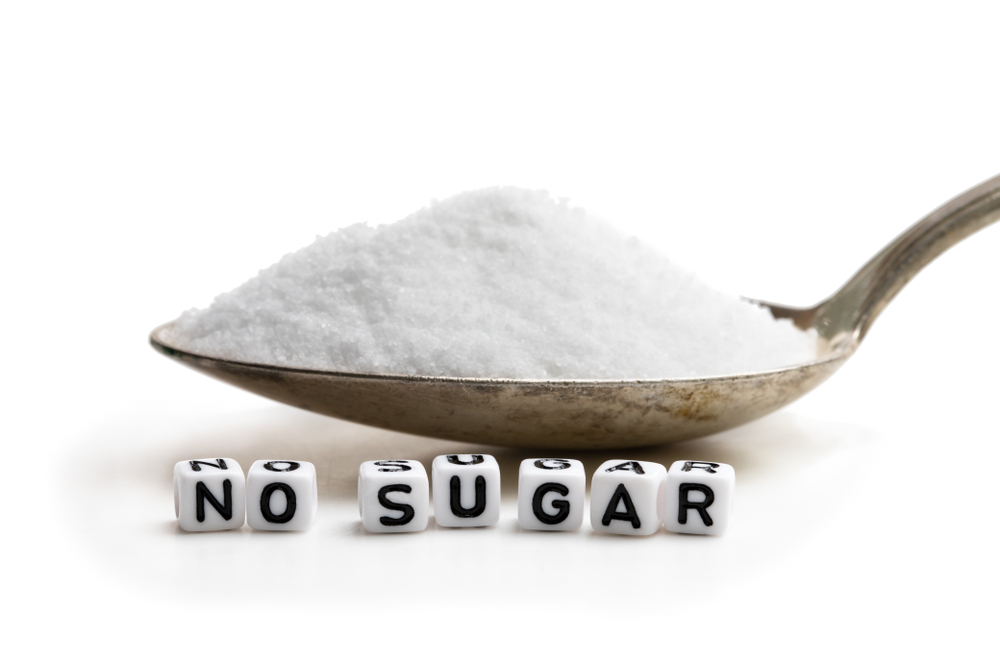The light “solutions” to sugar
Excessive simple sugars, hidden in many processed foods and beverages, are bad for our health. Modern lifestyles and large-scale food retailers continually expose us to these products, both outside and inside the home, so much so that for many people these have replaced the consumption of natural foods which contain unprocessed raw materials. To remedy the problem, when the damage to health caused by excess simple sugars was realized, alternative artificial substances were introduced that could impart the sweet taste without adding nutrients. These are sweeteners, or zero-calorie sweeteners. The bad news, however, is that even these take a toll on the body. According to a new study conducted by the Weizmann Institute of Science and the German National Cancer Center, published in Cell, they are capable of altering the gut microbiome of those who consume them sd well as affecting blood sugar (or blood glucose) levels.
The effect of artificial sweeteners in the gut
The main substances found commercially in artificially sweetened products are aspartame, saccharin, stevia, or sucralose. The researchers selected a group of 120 people who claimed to carefully avoid these substances in their diet, and divided them into six groups: two control and four who ingested minimal amounts of sweeteners and less than the FDA recommended limits. Analyzing the microbiome of the latter, the researchers found that it had an altered composition compared to the control group, and in general, this alteration was also matched by a change in blood glucose levels. Two of the sweeteners analyzed, in particular, saccharin and sucralose, had a significant impact on glucose tolerance in healthy adults.

Stevia is one of the most popular light sweeteners on the market, along with aspartame, saccharin, and sucralose
Artificial sweeteners impact glucose tolerance in healthy individuals
The litmus test in a sterile environment
To find out whether ingestion of the light sweeteners was indeed the cause of the observed alterations, the researchers contaminated the microbiome-free gut of some mice reared under totally sterile conditions with the microbiome of people who participated in the study. Mice receiving the microbiome from individuals who had consumed the artificial sweeteners developed the same blood changes observed in people, while those receiving the microbiome from the control group reported no change.
Dietary style is the key
In addition to the alteration of the microbiome, some recent studies have shown that there may be negative consequences in cardiovascular health. It is becoming increasingly clear that the solution is not to replace sugar with artificial sweeteners, but to get used to reducing sugar intake in the diet in general. We must first raise awareness of these issues, experts say, in part to prevent people from feeling free to increase their consumption of sweet drinks and foods precisely because they are sweetened with these artificial substances that promise to be light and calorie-free.







